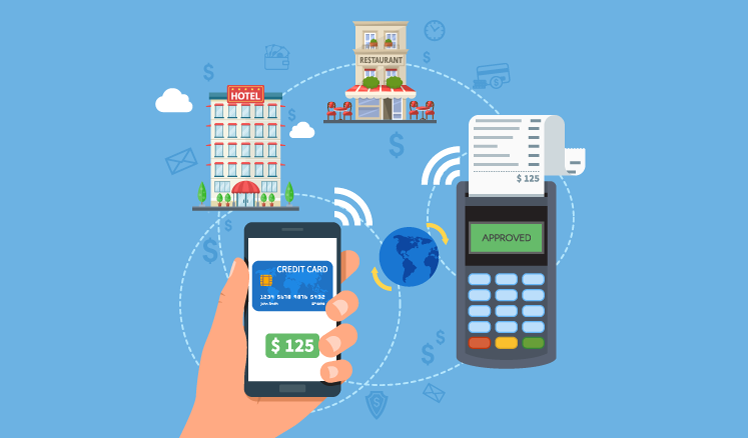In line with the rise in smartphones, payment apps are becoming increasingly popular with the industry and are rumoured to surpass £750bn by the end of 2019.
Though notes and cards remain the primary forms of payment, the introduction of payment by phone brands, and social media giants have increased efficiency in the transfer of funds, splitting of bills, purchasing of products, the exchange of money and expenditure management.
Budgeting Apps:
A variety of digital banks, with incorporated budgeting and dedicated platforms, have simplified budgeting and are now offering this service in an app.
Previously, consumers had to reluctantly create their own budgets, monitor income and expenditures and nervously navigate an excel spreadsheet. An undertaking not for the faint of heart. Thanks to apps such as these, all our budgeting information is now accessible at the touch of a button (or smartphone).
Crowdfunding:
Another non-misnomer, crowdfunding is the raising of funds online and eliminates the need to front up to a bank, arms open asking for a hand. Essentially, this service allows app and internet users to send and receive money from a large pool of individuals (contributors).
These investors can range from friends and family to fans and patrons and even your next-door neighbour’s dog (well, not quite, but you get the idea). With increasing popularity, crowdfunding is becoming the best place to get a return on idle funds or to receive funds for the support of a project or company.
Digital Lending:
With the buzz around the efficiency of machine learning tech for analysing risk, it is no surprise digital lending is expected to rise to £750m by 2025. This has gained momentum as quick access to credit for those in financial strife is now readily available from credit cards, loans and overdrafts.
Digital lenders now provide services that traditional lenders simply cannot via automated platforms that include a full suite of software, such as loan applications, document capture, electronic signatures, credit analysis, loan pricing, loan decisions, and loan administration.
There is now the inclusion of a wider demographic of potential borrowers and thanks to leveraging of supplemental customer data and free cash flow models, they also have a better understanding of a borrower’s ability to repay.
Blockchain + Crypto:
Very simply put, this is a chain of blocks containing information. The term was originally coined by researchers in 1991 as a method of time-stamping digital documents. Unused until 2009, a well know individual adapted it to create a cryptocurrency. It has grown in popularity due to the security of a consensus network and the efficiency of transactions.
In more recent times, Blockchain is now being used for smart contracts, medical records and tax collection, but more on that later.
Insurance:
Ah, one of our oldest friends... insurance uses actuarial tables to assign a risk category to a policy seeker, then tweaks groups to lump enough people together to make a tidy profit.
Insurance technology (Insurtech) is revolutionary as it uses more advanced data sources from internet-enabled devices that create ultra-customised policies and explore areas including social insurance.
This market is increasing with the use of AI that replaces traditional methods of insurance, improving the pricing models to deliver a lower cost and turnaround for the consumer.
Robo advisor + Stock apps:
This is the introduction of AI companies offering software and apps that use real-time data to automatically personalise services allowing us to deduce informed financial decisions. Far from being Skynet these companies make it affordable, transparent, and easy to manage your money.
By offering a self-guided wealth management service, AI tech offers investment advice with a lower portfolio management cost as it applies portfolio management algorithms to make more efficient decisions dependant on your risk profile and size of the diamond you’re saving for.
About me:
Having always had an interest in finance and it’s inner workings, my current role as a consultant with Sphere Digital Recruitment means I am fortunate enough to develop this further whilst learning about the tech industry.
However, every day is a school day and to move forward we must learn first. I’m very excited to work alongside such an exciting and rapidly expanding industry and always open for a conversation.
I am always available for a call and even a coffee, so whether you are open to a conversation regarding your next career move, hiring plans, general industry trends or a breakdown of top dining spots in London, my ears are always open.
Jordon Cornish - Consultant
jordon@spherelondon.co.uk
020 3869 2051

